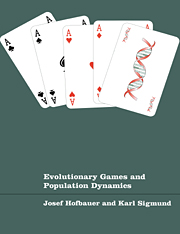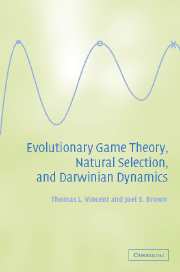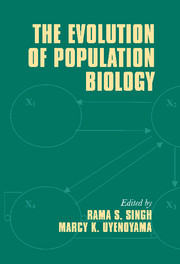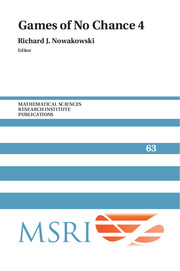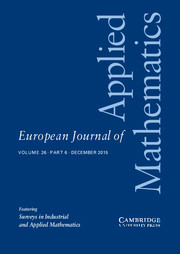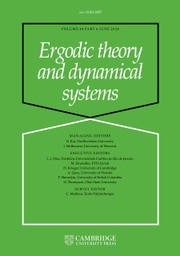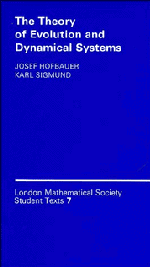Evolutionary Games and Population Dynamics
Every form of behaviour is shaped by trial and error. Such stepwise adaptation can occur through individual learning or through natural selection, the basis of evolution. Since the work of Maynard Smith and others, it has been realised how game theory can model this process. Evolutionary game theory replaces the static solutions of classical game theory by a dynamical approach centred not on the concept of rational players but on the population dynamics of behavioural programmes. In this book the authors investigate the nonlinear dynamics of the self-regulation of social and economic behaviour, and of the closely related interactions between species in ecological communities. Replicator equations describe how successful strategies spread and thereby create new conditions which can alter the basis of their success, i.e. to enable us to understand the strategic and genetic foundations of the endless chronicle of invasions and extinctions which punctuate evolution. In short, evolutionary game theory describes when to escalate a conflict, how to elicit cooperation, why to expect a balance of the sexes, and how to understand natural selection in mathematical terms.
- Comprehensive treatment of ecological and game theoretic dynamics
- Invasion dynamics and permanence as key concepts
- Explanation in terms of games of things like competition between species
Reviews & endorsements
"...something for anyone interested in game models in organismal biology." Nature
"The book under review is a very nice further development of its ten-year-old predecessor...by the authors. Not only has the title been modified, but also the contents have been thoroughly reworked and thus adapted to today's topics of interest in the field of biomathematics. The book is totally restructured and contains much new material, mainly in game theory, especially in its evolutionary and dynamical aspects...the book is written in the well-known authors' usual clear, elegant and motivating style." Mathematical Reviews
"For the biologist who is mathematically inclined or the mathematician interested in biology...this volume is rich in results and likely to provoke stimulating thought." The Quarterly Review of Biology
Product details
June 1998Paperback
9780521625708
352 pages
246 × 189 × 19 mm
0.63kg
20 b/w illus.
Available
Table of Contents
- Introduction for game theorists
- Introduction for biologists
- Part I. Dynamical Systems And Lotka-Volterra Equations:
- 1. The logistic equation
- 2. Lotka-Volterra for predator-prey systems
- 3. Lotka-Volterra for two competitors
- 4. Ecological equations for two species
- 5. Lotka-Volterra for more than two populations
- Part II. Game Dynamics And Replicator Equations:
- 6. Evolutionarily stable strategies
- 7. Replicator equations
- 8. Other game dynamics
- 9. Adaptive dynamics
- 10. Asymmetric conflicts
- 11. More on bimatrix games
- Part III. More On Lotka-Volterra And Replicator Dynamics:
- 12. Hypercircles and permanence
- 13. Criteria for permanence
- 14. Replicator networks
- 15. Stability in n-species communities
- 16. Some low-dimensional ecological systems
- 17. Heteroclinic cycles and C-matrices
- Part IV. Population Genetics:
- 18. Discrete dynamical systems in population genetics
- 19. Continuous selection dynamics
- 20. Mutation and recombination
- 21. Fertility selection
- 22. Game dynamics for Mendelian populations
- Bibliography
- Index.

